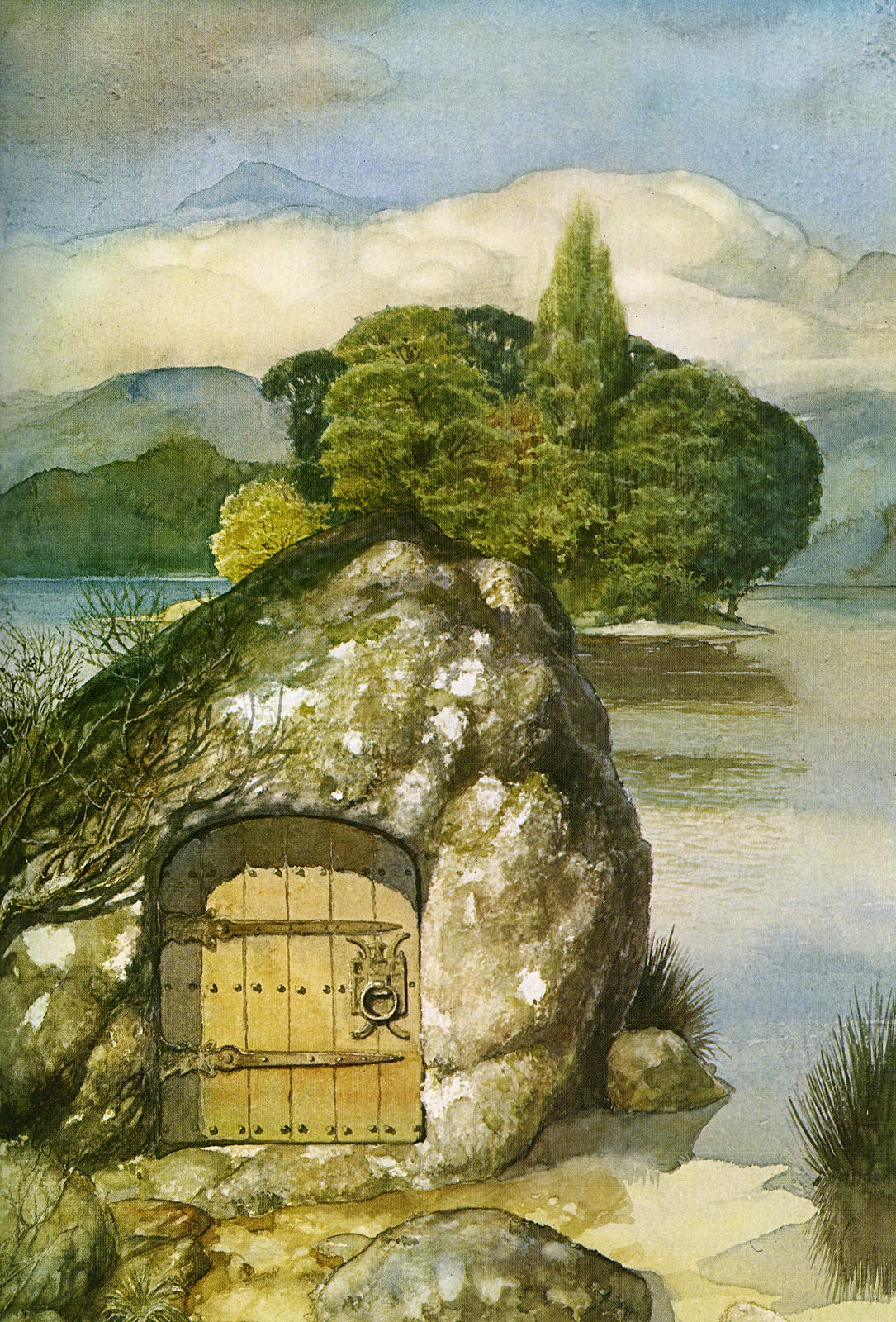The Lord's Secret, and Mine
My love of traditional Irish music is so deep it borders on unhinged. I hesitate to invoke past life memories since I have dogmatic commitments that contradict that explanation, but it feels like that. I don’t know anyone who loves traditional Irish music as much as I do. When I try to explain this love to friends, I weep. I first encountered this music on an LP of my mother’s that I heard when I was four years old; I just listened to that record yesterday. When CDs were invented, it was the first CD I bought. When I’d lost that CD and Napster was invented, it was the first album I pirated. I’d have it played at my funeral, if I thought it would mean as much to the attendees as it does to me. (The record was Alan Stivell’s Renaissance of the Celtic Harp; although that great man is Breton, the record is full of Irish melodies.) Throughout my childhood I begged for more traditional Irish music every Christmas and birthday, and so I grew up, a strange kid from the DC suburbs, listening to Planxty and the Bothy Band while my friends were listening to Wham! and Depeche Mode.
To this day, traditional Irish music is for me a cipher of the soul, a gateway into a spiritual universe I can’t describe or convey. This has often distressed me: on some level, I feel a desperate need to serve this music somehow, to do something to help its persistence in the world, and I always feel that I’m failing at that since I neither play it nor can I manage to infect anyone else with a sufficient appreciation of its deep mystery.
This is related to the entire spiritual universe I call “Druidry” in my own groping shorthand. It’s Faërie. It’s the place to which the fay-star gave entrance for the Smith of Wootton Major. In some way it is the primordial love of my soul. I spent the first two and a half decades of my life as some kind of neopagan or other because I thought only in that way could I draw closer to it. When the Lord Jesus saved me from despair and lifted me from the depths, I followed Him — but I have never known what His relationship with Faërie is, or really felt a way to hold Jerusalem and Avalon together in my heart. Hence my love for the myths of Glastonbury and the Lord’s sojourn there with His Mother and His uncle.
Today, I had a flash of insight.
Faërie is mine because it is a gift God has given to me.
It is a secret that we share, the Lord and I.
It is safe with Him, even if it were to die with me.
I don’t need to protect it or preserve it: He will see to that: and if He asks me to help, He will show me the way to do it.
I can rejoice in its beauty and be glad that He has given me such a gift.
If He gives it to anyone else — all the more reason to rejoice in that fellowship.
But He also gives others their own mysteries into which I cannot enter, which He shares only with them. And I can rejoice in those as well — even though from outside.
And today I can look at the sun and the mountains and welcome the grace of this music into my heart — my thanks to Thee, Lord, my eternal thanks to Thee, Thou Heart of all hearts, Beauty of all beauties.



Beautiful Loup. And I think you've answered perfectly the apparent dilemma we spoke of in a previous post along with John Fitzgerald. Sometimes one's such as us can get seemingly "side-tracked" from the "one thing necessary", enchanted with a certain fae-infused Christianity that really doesn't exist ... except ... except as a secret in the heart in a space shared only between oneself and Christ. Which is to say it absolutely exists but perhaps loses some of its existence the more we try to squeeze it out of the Christian tradition, hoping for any small drop of fae-juice that might be found within the Christic Revelation.
It's like the told experience of meeting the Good Folk themselves, it's on the periphery, out the corner of the eye, in the fading light and shifting shapes of twilight. The moment you focus to heavily upon it, it ceases to be and can in fact make a fool of you.
Though that is not enough a deterrent to stop me from going looking. 😉
This one touched my heart closely!